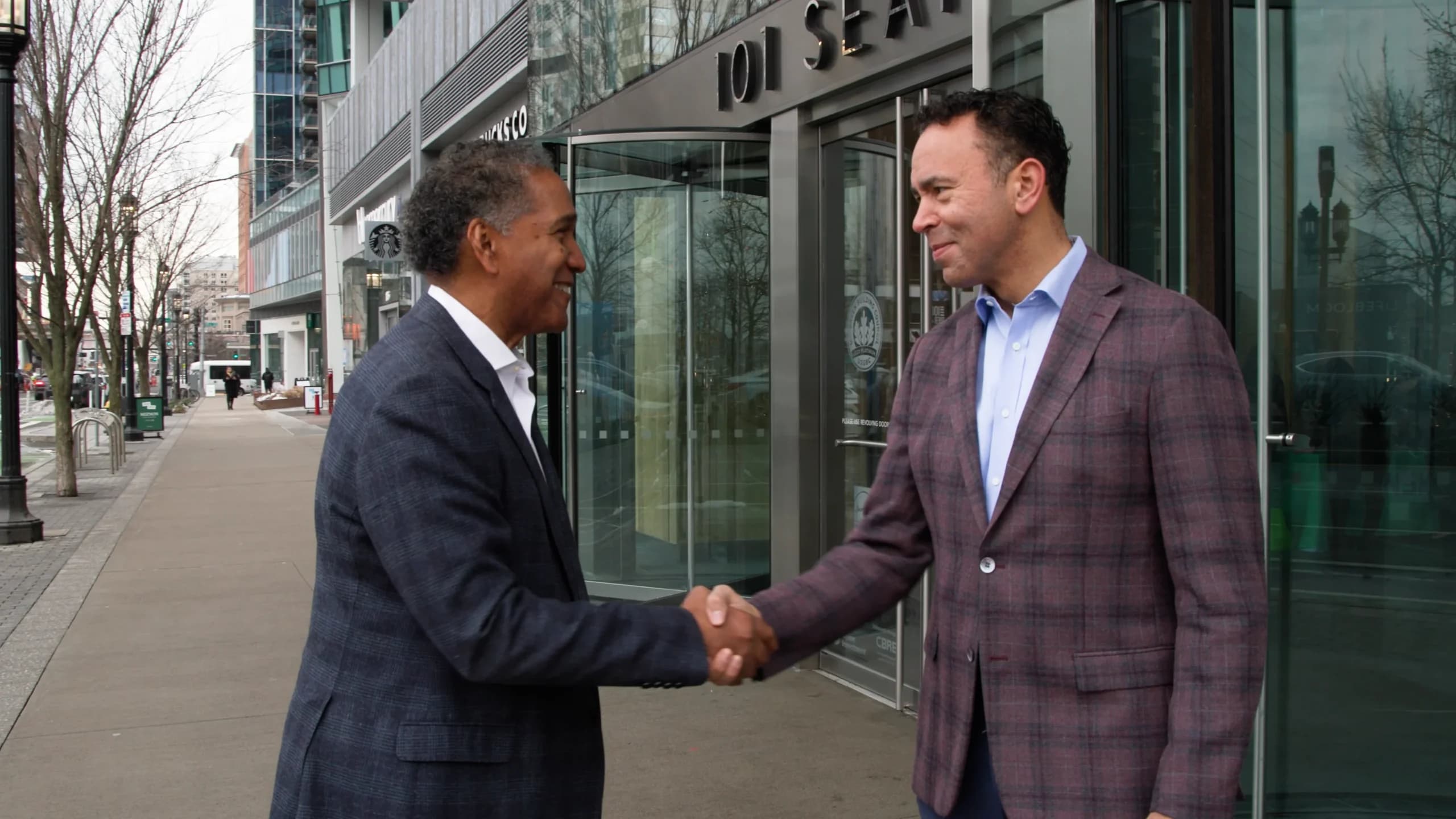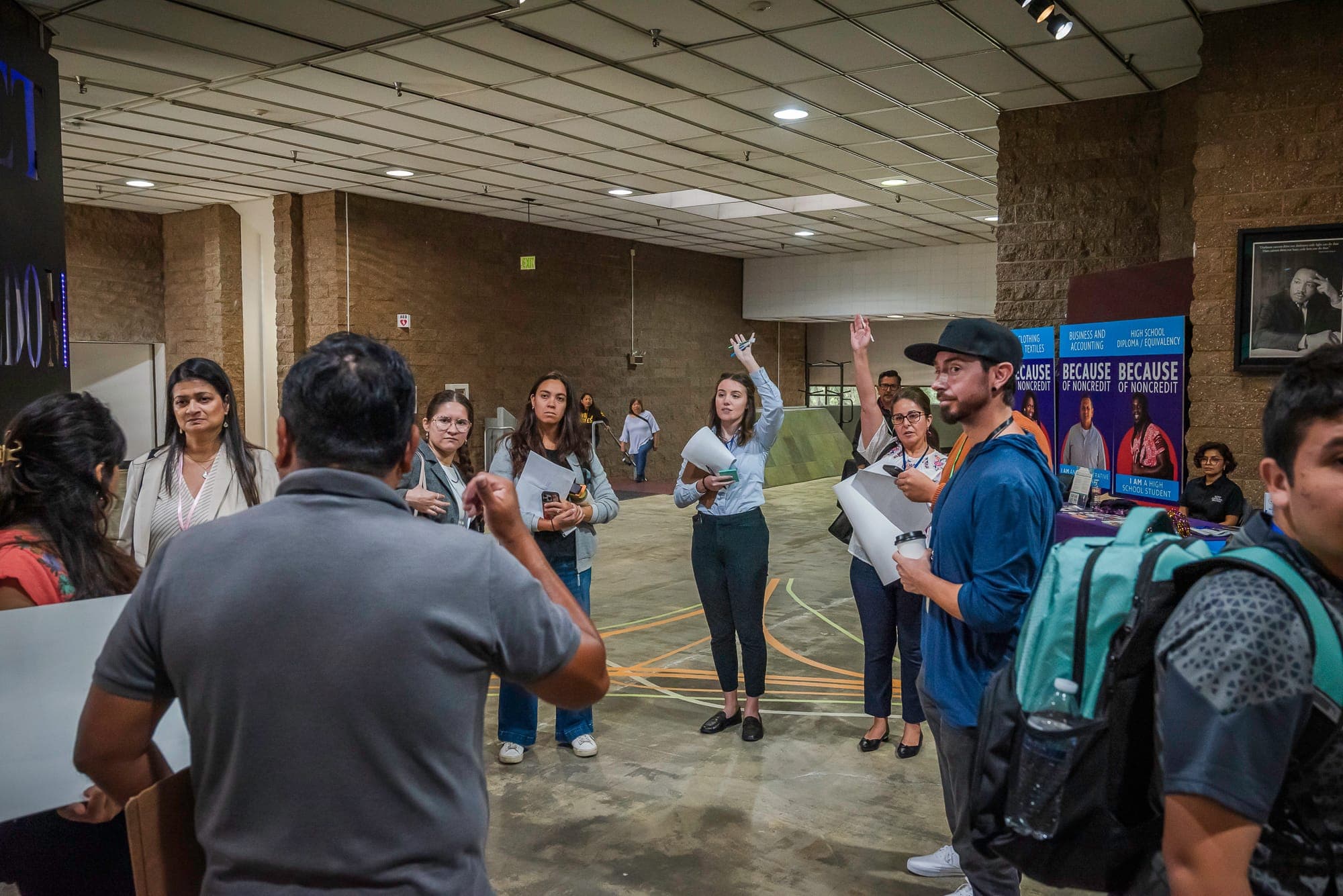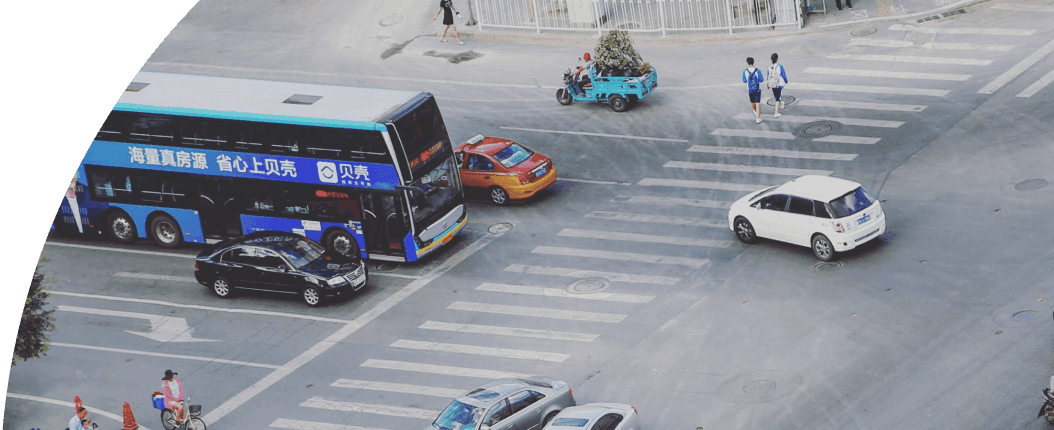
News
By Chris Rall, November 3, 2025
In this LOCUS Member Spotlight, meet Taidgh McClory, founder of THM Advisors, a social impact enterprise advancing equitable development and investment strategies that create lasting community value. Based in Boston, Taidgh has long worked at the intersection of smart growth, equity, and triple-bottom-line real estate, helping public, private, and philanthropic partners design projects that align economic returns with social impact. A longtime supporter of Smart Growth America, Taidgh shares insights from his firm’s work—from advising billion-dollar mixed-use developments to piloting shared ownership models that build local wealth—and reflects on what drives his commitment to inclusive growth. Read the following Q&A to learn more about his approach to creating more inclusive and resilient communities.
Tell us about your work, and how you became engaged in smart growth and triple-bottom-line real estate development.
THM Advisors is a social impact enterprise focused on equitable development and investment strategies for public, private, and mission-aligned organizations seeking to improve the social and financial outcomes of the communities they build. We believe that real estate has the power to transform lives in equitable ways, but too often, institutions struggle to measure and implement strategies that truly deliver equitable outcomes. Our work bridges that gap by helping clients build customized equitable development playbooks advancing inclusive career, contract, and capital models that generate long-term economic and community value for all stakeholders.
I was first introduced to Smart Growth America through both my local and national networks—here in Boston during my time on the board of the Massachusetts Economic Alliance, and nationally through my work with the Urban Land Institute, where I serve on the Responsible Property Investment Council. Both communities deeply shaped my understanding of how smart growth and equity intersect within the built environment.
What inspired you to join LOCUS?
I’ve long admired LOCUS’ mission and leadership at the intersection of equitable development and smart growth, bringing together purpose-driven developers and investors to advance sustainable, equitable, and walkable communities across the country. That alignment with THM Advisors’ triple-bottom-line approach made joining the coalition a natural fit.
I see LOCUS as a unique network that blends advocacy, policy, and practice. I look forward to contributing to and learning from this platform where mission-aligned developers can collectively shape systems that produce more inclusive outcomes.
Are there any recent or upcoming development projects you would like to share?
Our work spans sectors, but three recent projects reflect the breadth of THM Advisors’ impact and our alignment with the LOCUS mission:
1. Private Sector | Equitable Development Advisory
Over the past five years, THM Advisors has served as an Equitable Development Advisor to Tishman Speyer on a $1B mixed-use Development. The project is slated for completion in early 2026 and has achieved equitable development milestones that optimize inclusion across careers, contracts, and capital.
2. Philanthropic Sector | Community Ownership Investment Strategy
Over the past four years, THM Advisors has co-led a multi-phase national initiative with Emerging Markets Development Corporation and The Kresge Foundation to design and prototype neighborhood-based shared ownership models that seek to build local wealth, mobilize impact capital, and strengthen community well-being.
3. Public Sector | Equity Evaluation Framework
In partnership with the City of Boston’s Planning Department, we have spent the last two years supporting the city’s efforts to embed a Resilience, Affordability, and Equity framework into its entitlement process—ensuring that new development projects contribute positively to historically marginalized communities.
Are there any particular connections or areas of expertise you'd like to seek out within the membership to support your work?
Over the coming years, I’m dedicating more energy to place-based investment strategies focused on shared ownership models. These approaches—like Community Investment Trusts and Neighborhood REITs (Real Estate Investment Trusts)—help ensure that local residents and businesses benefit directly from the value created in their neighborhoods.
I hope to collaborate with LOCUS members who share an interest in scaling these models nationally, learning from the triple-bottom-line development expertise this coalition has cultivated over the years.
What has been your most engaging or memorable experience with LOCUS?
One of my most memorable experiences with LOCUS was when the team came to Boston for a full day working session during the early days of Opportunity Zones. That forum reflected the best of what LOCUS represents—bridging local realities with national policy insight.
I was also honored to collaborate with Smart Growth America and LOCUS Massachusetts on a consulting engagement that mapped key strategic issues and opportunities for developers and investors across the Commonwealth. That work helped shape priorities for advocacy, technical assistance, and partnership building that remain relevant today.
What are some of your favorite real estate or land use projects from over the years?
Projects that merge equity, design, and innovation have always inspired me—especially those that push beyond compliance to redefine what inclusive growth can look like. The Enterprise Research Campus development with Tishman Speyer stands out, as does our ongoing collaboration with public and philanthropic partners exploring new shared ownership models.
What’s one thing you are passionate about or interested in beyond the real estate and smart growth space?
Art and golf. Art keeps me grounded in creativity, while golf provides the opportunity to stay active mentally and physically outdoors.
Related News

© 2026 Smart Growth America. All rights reserved
Site By3Lane Marketing














